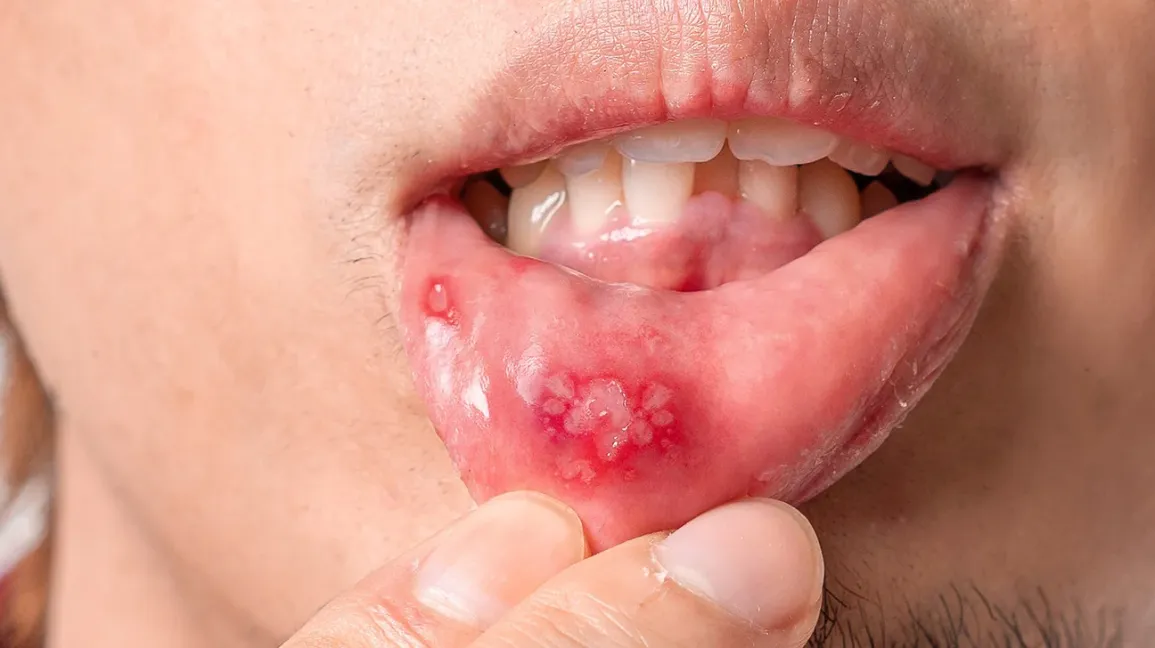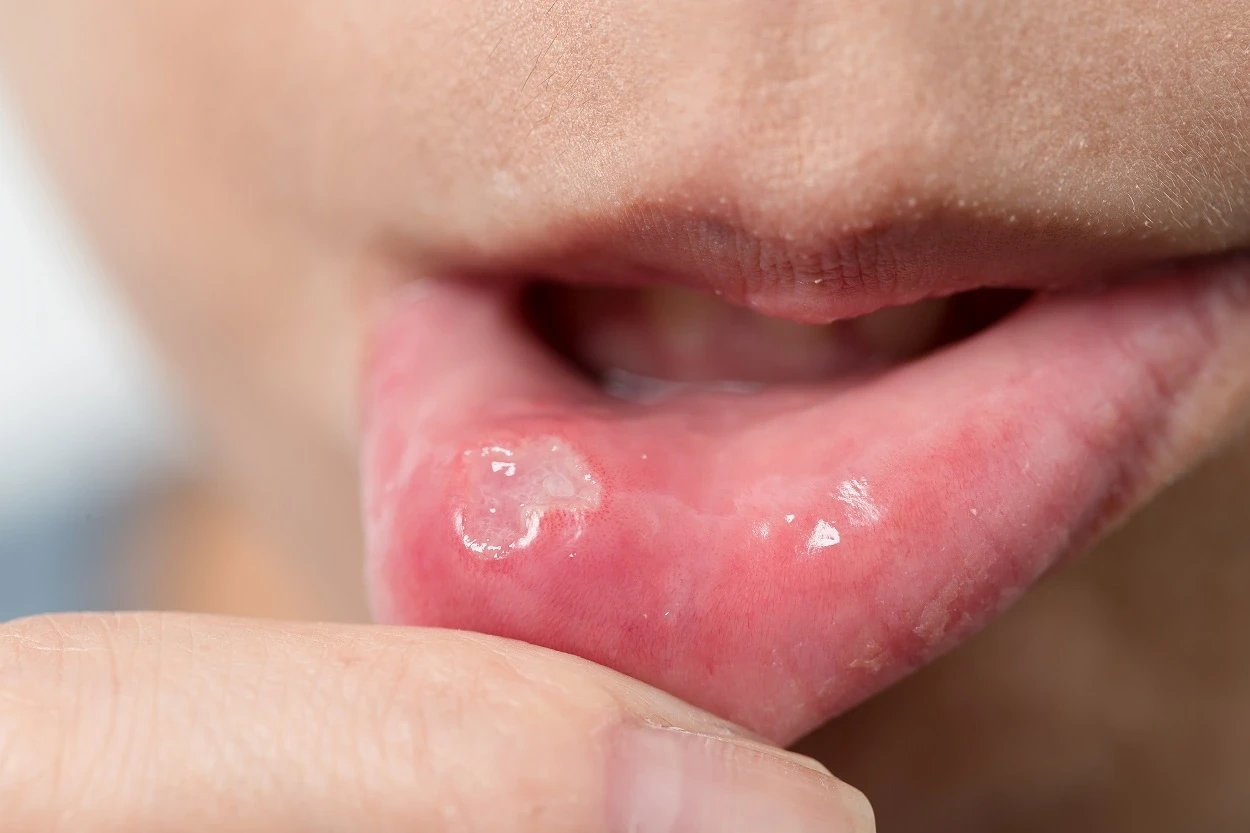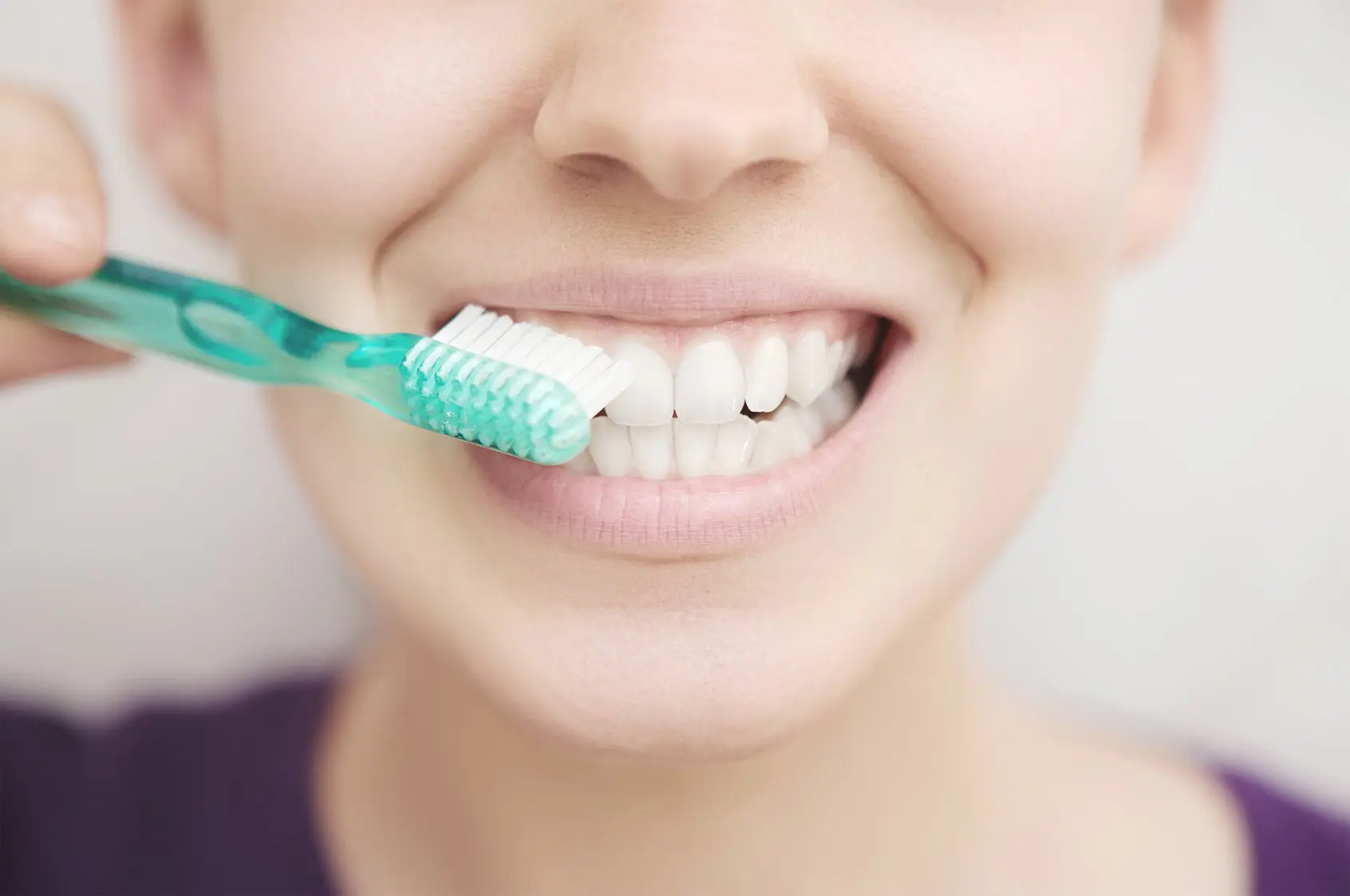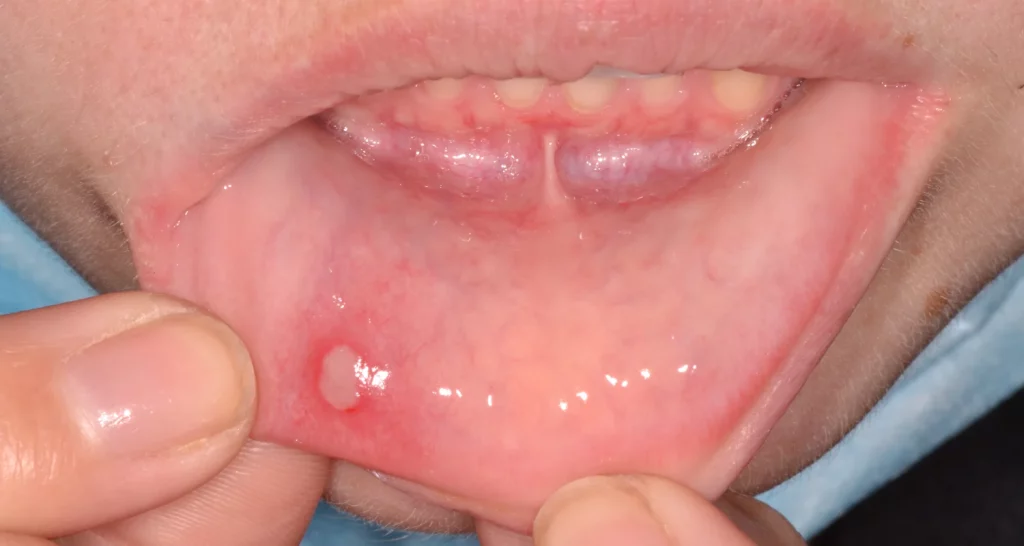Last Updated on: 4th December 2024, 04:50 pm
Mouth Ulcer vs Canker Sore
Everyone at some point in life experiences discomfort and pain in the mouth due to sores, which depending upon their shape can be due to a fever. It may be a cold sore, mouth ulcer, or canker sore. They are more frequent among children and young people, and sometimes they occur in adults over 60 years of age. They are usually very painful and, in most cases, resolve on their own. However, there are some differences between mouth ulcer vs canker sore.
What are Canker Sores and Mouth Ulcers?
Mouth ulcers are also known as canker sores, a type of sore that occurs inside the mouth. They are mostly annoying and can be frequent and benign, constantly hurting and sometimes preventing eating.

In general, it is thought that mouth ulcers and canker sores are the same because they have similar characteristics. In fact, they are among the most common diseases of the mouth, but there is a difference. Sometimes very recurrent in extreme and uncommon cases, they are likely to be associated with a condition called relapsing oral aphthosis (ROA), but this should be evaluated by a doctor or dentist to be sure.
Where they Occur and how they Look

Canker sores or ulcers occur when biting while eating, when we suddenly impact the gums or lips when brushing, or upon introducing foreign objects into the mouth. However, their origin is not well known, being multicausal. There are several types ranging from minor to severe, with a size differential, since they vary between 1 mm to 1 cm. they can present alone or several at the same time.
They look like small round or oval white or yellow ulcers with a reddish outline, usually affecting the soft parts of the mouth, the gums, the tongue or under it, the roof of the mouth, and the lips. They are shallow and clean, that is, they do not present infection. We usually come to realize that we have this type of sore when drinking acidic juice or something salty, or very cold or very hot, causing great pain when eating and speaking. Canker sores usually heal on their own in a short time, only to reappear in the same place or another after a period of time.
Difference Between a Canker Sore and Ulcer
The main difference between ulcers and ulcer lies in the cause. Ulcers are caused by trauma to the mouth (brushing, biting with the teeth, or by a foreign object). They usually heal on their own in a short period of time and are shallow. Canker sores are multi-causal and can be recurrent, the result of a condition called “Aphthous Stomatitis”. This is why ulcers and canker sores are practically indistinguishable and can be treated in the same way.
What Causes Canker Sores or Mouth Ulcers?
The exact mouth ulcer and canker sores causes have not been defined. It is not known why some people are more prone to them, but it is thought they may be caused by several factors that increase their probability, such as:
- An allergic reaction hypersensitivity to certain foods.
- A minor injury to the mouth from dental work, excessive tooth brushing, sports accidents, or accidental cheek biting.
- Stress
- Injury from braces
- Toothpaste and mouthwashes containing sodium lauryl sulfate
- Viral infections
- Nutritional deficiencies
- Lack of vitamin B-12, zinc, folate, or iron
- Hormonal changes
- An allergic response to certain bacteria in the mouth
- Helicobacter pylori, the same bacterium that causes peptic ulcers
- Medications such as NSAIDs
- Rubbing against teeth in poor condition. Broken teeth, with sharp edges, etc., can create small wounds that lead to sores.
- Poor oral health increases the risk of small wounds getting worse.
- Smoking: smoking is a risk factor, as it can affect the sores, increasing the risk of oral cancer.
Complex canker sores can occur in people with compromised immune systems, including with:
- Lupus
- Behcet’s disease
- Celiac disease.
- Ulcerative colitis
- Crohn’s disease
- HIV/AIDS
Normally this type of canker or mouth ulcer is not contagious and tends to heal quickly on its own. At most, it will last 10 – 14 days. If prolonged, you should see a dentist or doctor.
Treatments can vary from homemade serums (for example, salt water) to the use of a local anesthetic for topical application or oral anti-inflammatories, but these are often unnecessary.
How to Prevent them

Taking into account that canker sores and mouth ulcers do not have a defined origin, the cure is unknown and they usually heal on their own. It is inevitable that they will reappear; however, good oral hygiene helps reduce their recurrence and severity.
- Most canker sores heal on their own in a few days to a couple of weeks. While you wait for them to go away, you can take medication (pain relievers).
- Avoid acidic and spicy foods, as they cause more irritation and pain.
- Brushing your teeth daily, using dental floss and washing your mouth with a toothpaste without (sodium lauryl sulfate).
- Use mouthwash without alcohol.
Bibliography
1. Cleveland Clinic medical professional. Canker Sores. Cleveland Clinic (Internet). Updated Jun 09, 2022, [cited Oct 14, 2022]. Available in: https://my.clevelandclinic.org/health/diseases/10945-canker-sores
2. Cleveland Clinic medical professional. Mouth Ulcer. Cleveland Clinic (Internet). Updated on Sep 07, 2022, [cited on Oct 14, 2022]. Available in: https://my.clevelandclinic.org/health/diseases/21766-mouth-ulcer
3. InformedHealth.org [Internet]. Cologne, Germany: Institute for Quality and Efficiency in Health Care (IQWiG); 2006-. Canker sores (mouth ulcers): What can you do if you have a canker sore? 2019 Aug 15, [cited on Oct 14, 2022]. Available from: https://www.ncbi.nlm.nih.gov/books/NBK546251/
4. Healthdirect (Internet). Mouth sores and ulcers (canker sores). Updated May 2022. [cited Oct 14, 2022]. Available from: https://www.healthdirect.gov.au/mouth-sores-and-ulcers
5. Schmitt Pediatric Guidelines LLC. Mouth Ulcers. Seattle Children’s Hospital (Internet). Updated Sep 18, 2022. [Cited Oct 14, 2022]. Available from: https://www.seattlechildrens.org/conditions/az/mouth-ulcers/



